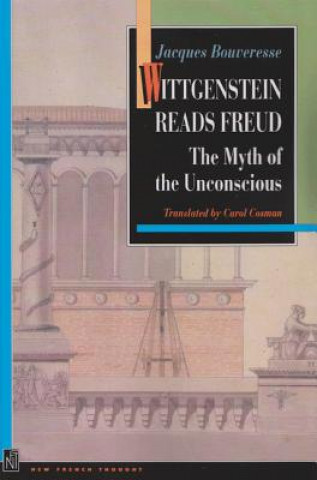
Kód: 04639688
Wittgenstein Reads Freud
Autor Jacques Bouveresse
Did Freud present a scientific hypothesis about the unconscious, as he always maintained and as many of his disciples keep repeating? This question has long prompted debates concerning the legitimacy and usefulness of psychoanalys ... celý popis
- Jazyk:
 Angličtina
Angličtina - Vazba: Brožovaná
- Počet stran: 168
Nakladatelství: Princeton University Press, 1996
- Více informací o knize

1339 Kč

Skladem u dodavatele v malém množství
Odesíláme za 12-17 dnů
Potřebujete více kusů?Máte-li zájem o více kusů, prověřte, prosím, nejprve dostupnost titulu na naši zákaznické podpoře.
Přidat mezi přání
Mohlo by se vám také líbit
-

New Research on Food Habits
2538 Kč -

Shiba Inu. Shiba Inu Dog Complete Owners Manual. Shiba Inu book for care, costs, feeding, grooming, health and training.
415 Kč -

Sekiro Side Story: Hanbei the Undying
328 Kč -
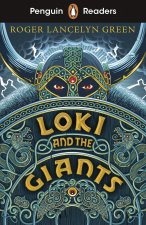
Penguin Readers Starter Level: Loki and the Giants (ELT Graded Reader)
196 Kč -
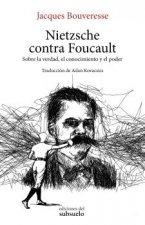
Nietzsche contra Foucault
496 Kč -

Einhorn Onchao
605 Kč
Darujte tuto knihu ještě dnes
- Objednejte knihu a zvolte Zaslat jako dárek.
- Obratem obdržíte darovací poukaz na knihu, který můžete ihned předat obdarovanému.
- Knihu zašleme na adresu obdarovaného, o nic se nestaráte.
Více informací o knize Wittgenstein Reads Freud
Nákupem získáte 134 bodů
 Anotace knihy
Anotace knihy
Did Freud present a scientific hypothesis about the unconscious, as he always maintained and as many of his disciples keep repeating? This question has long prompted debates concerning the legitimacy and usefulness of psychoanalysis, and it is of utmost importance to Lacanian analysts, whose main project has been to stress Freud's scientific grounding. Here, Jacques Bouveresse, a noted authority on Ludwig Wittgenstein, contributes to the debate by turning to this Austrian-born philosopher and contemporary of Freud for a candid assessment of the early issues surrounding psychoanalysis. Wittgenstein, who himself had delivered a devastating critique of traditional philosophy, sympathetically pondered Freud's claim to have produced a scientific theory in proposing a new model of the human psyche. What Wittgenstein recognized - and what Bouveresse so eloquently stresses for today's reader - is that psychoanalysis does not aim to produce a change limited to the intellect but rather seeks to provoke an authentic change of human attitudes. The beauty behind the theory of the unconscious for Wittgenstein is that it breaks away from scientific, causal explanations to offer new forms of thinking and speaking, or rather, a new mythology. Offering a critical view of all the texts in which Wittgenstein mentions Freud, Bouveresse immerses us in the intellectual climate of Vienna in the early part of the twentieth century. Although we come to see why Wittgenstein did not view psychoanalysis as a science proper, we are nonetheless made to feel the philosopher's sense of wonder and respect for the cultural task Freud took on as he found new ways meaningfully to discuss human concerns. Intertwined in this story of Wittgenstein's grappling with the theory of the unconscious is the story of how he came to question the authority of science and of philosophy itself. While aiming primarily at the clarification of Wittgenstein's opinion of Freud, Bouveresse's book can be read as a challenge to the French psychoanalytic school of Lacan and as a provocative commentary on cultural authority.
 Parametry knihy
Parametry knihy
Zařazení knihy Knihy v angličtině Society & social sciences Psychology Psychological theory & schools of thought
1339 Kč
- Plný název: Wittgenstein Reads Freud
- Podnázev: The Myth of the Unconscious
- Autor: Jacques Bouveresse
- Jazyk:
 Angličtina
Angličtina - Vazba: Brožovaná
- Počet stran: 168
- EAN: 9780691029047
- ISBN: 0691029040
- ID: 04639688
- Nakladatelství: Princeton University Press
- Hmotnost: 227 g
- Rozměry: 229 × 152 × 10 mm
- Datum vydání: 06. October 1996
Oblíbené z jiného soudku
-
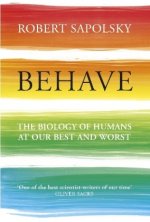
Behave
316 Kč -
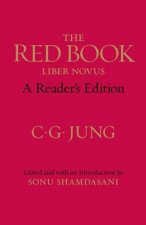
The Red Book – A Reader`s Edition
886 Kč -
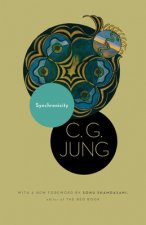
Synchronicity – An Acausal Connecting Principle
233 Kč -

A General Introduction to Psychoanalysis
130 Kč -
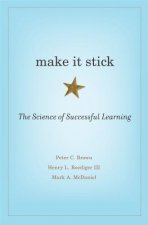
Make It Stick
810 Kč -
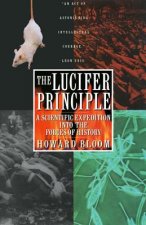
Lucifer Principle
426 Kč -
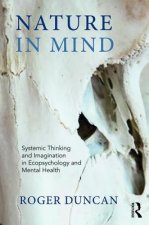
Nature in Mind
1037 Kč -
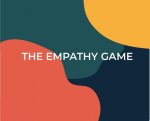
The Empathy Game
503 Kč -
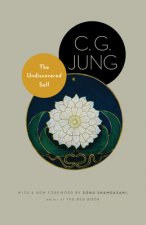
The Undiscovered Self
233 Kč -

Emotional Intelligence
260 Kč -

Red Book
6054 Kč -
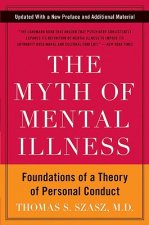
The Myth of Mental Illness
357 Kč -
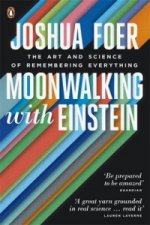
Moonwalking with Einstein
316 Kč -
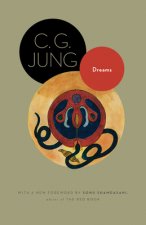
Dreams
363 Kč -
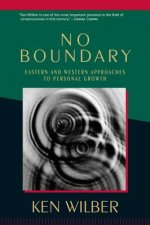
No Boundary
376 Kč -

Inner Gold
515 Kč -
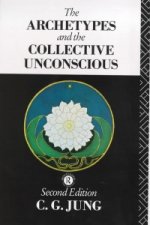
Archetypes and the Collective Unconscious
1404 Kč -
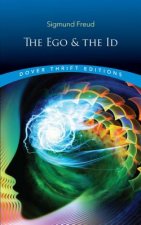
Ego and the Id
90 Kč -
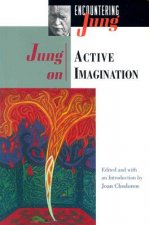
Jung on Active Imagination
493 Kč -

Home is Where We Start from
357 Kč -
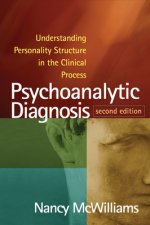
Psychoanalytic Diagnosis
1352 Kč -

Four Archetypes
270 Kč -
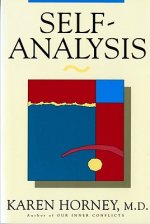
Self-Analysis
472 Kč -
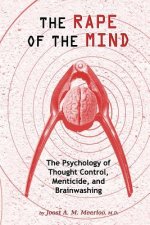
Rape of the Mind
444 Kč -

C.G.Jung and Hermann Hesse
442 Kč -
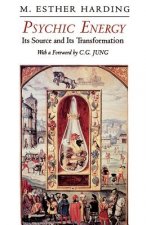
Psychic Energy
2319 Kč -
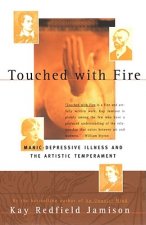
Touched With Fire
330 Kč -

People Of The Lie
303 Kč -

T A Today
540 Kč -
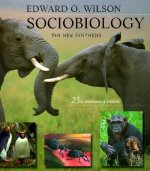
Sociobiology
1689 Kč -
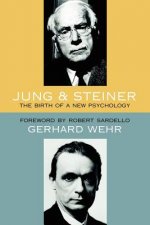
Jung and Steiner
770 Kč -

Dance Therapy and Depth Psychology
1551 Kč -
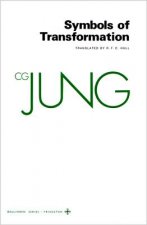
Collected Works of C.G. Jung
971 Kč -
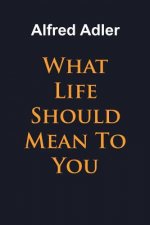
What Life Should Mean To You
391 Kč -
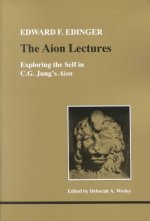
Aion Lectures
585 Kč -
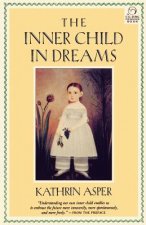
Inner Child in Dreams
509 Kč -

Yesterday, Today and Tomorrow
5172 Kč -

Wolf Children and the Problem of Human Nature
438 Kč -

Kant's Dove
650 Kč -
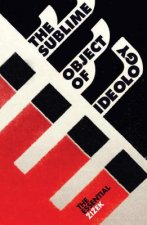
The Sublime Object of Ideology
434 Kč -

Memories, Dreams, Reflections
324 Kč -
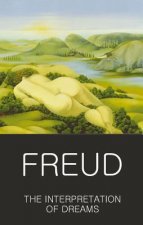
The Interpretation of Dreams
135 Kč -

Psychoanalyst Meets Marina Abramovic
458 Kč -
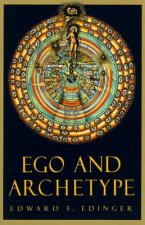
Ego and Archetype
579 Kč -

Choice Factory
410 Kč -
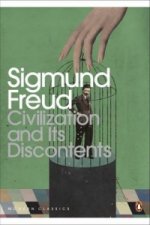
Civilization and Its Discontents
249 Kč -
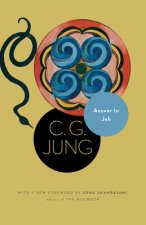
Answer to Job
214 Kč -
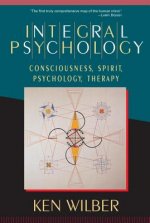
Integral Psychology
603 Kč -
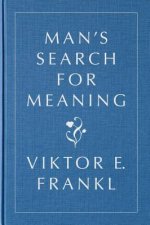
Man's Search for Meaning, Gift Edition
568 Kč
Osobní odběr Praha, Brno a 12903 dalších
Copyright ©2008-24 nejlevnejsi-knihy.cz Všechna práva vyhrazenaSoukromíCookies


 Vrácení do měsíce
Vrácení do měsíce 571 999 099 (8-15.30h)
571 999 099 (8-15.30h)